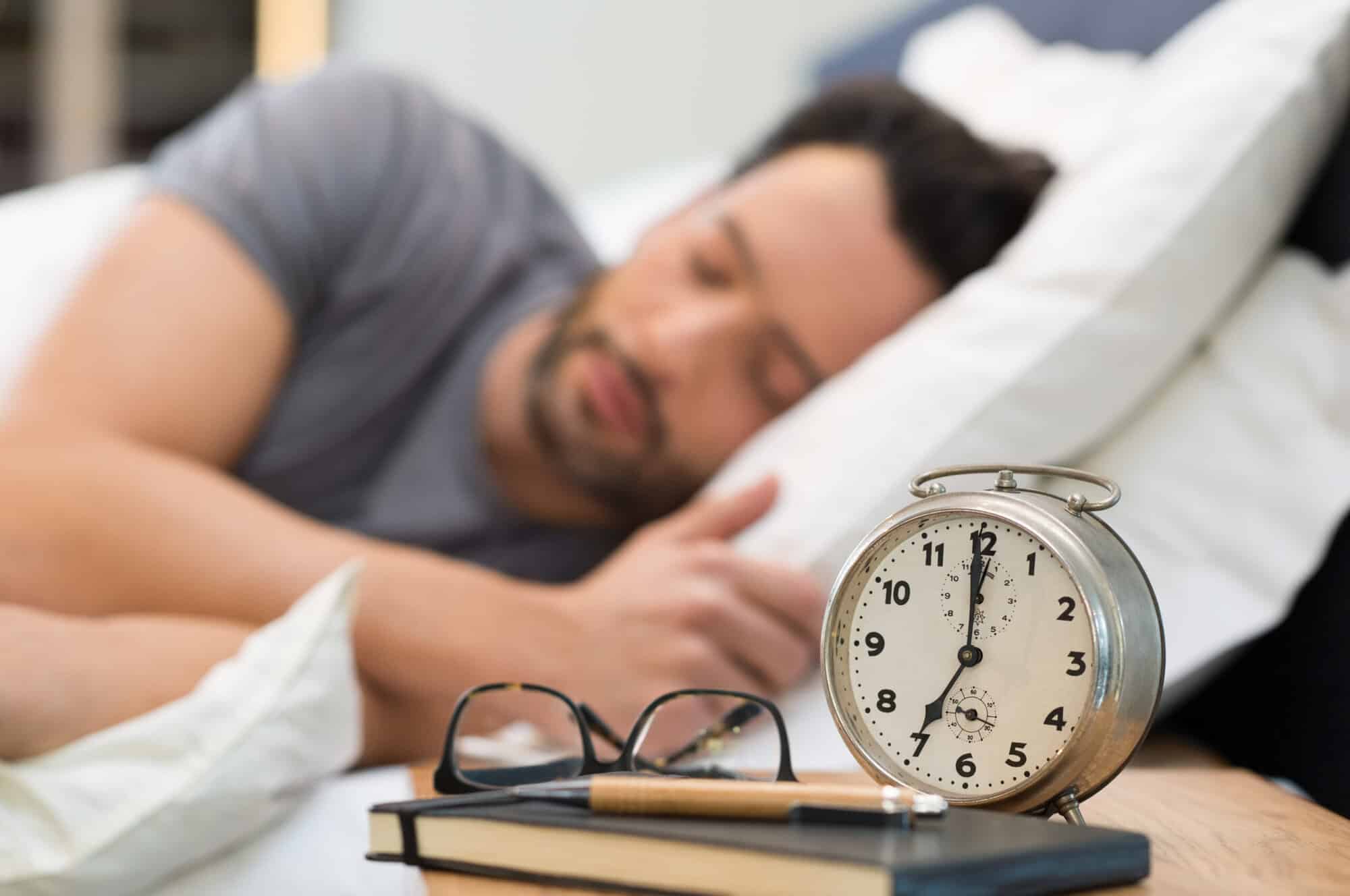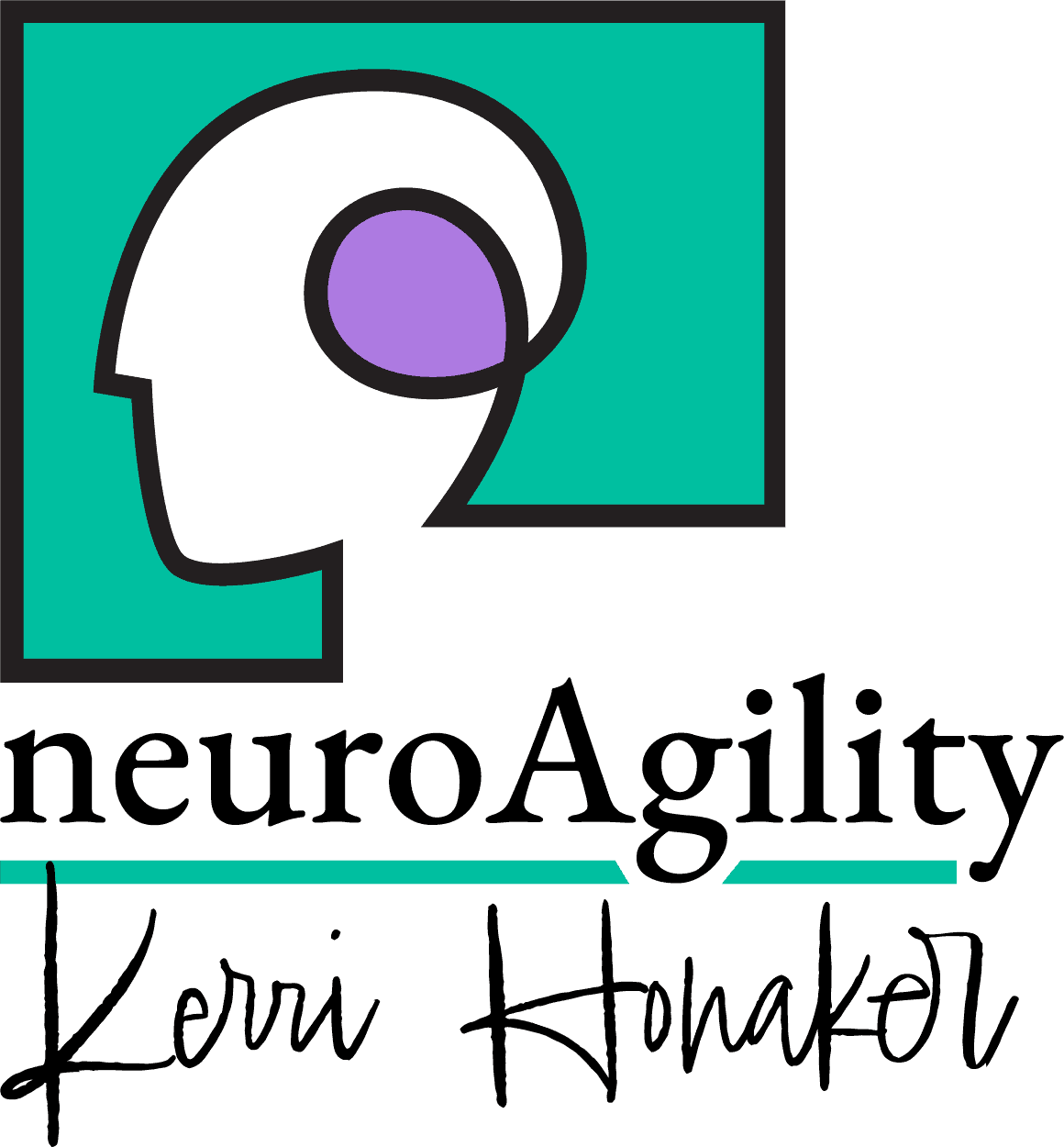Uncategorized
-

How to Set Strong Boundaries
·
Read full article: The New York Times, How to Set Strong Boundaries, by Christina Caron.
-

What Sport Psychologists Want You to Know About Mental Toughness
·
Read full article: The New York Times, What Sport Psychologists Want You to Know About Mental Toughness, by Christina Caron.
-

For Gen Z-ers, Work Is Now More Depressing Than Unemployment
·
The struggle is real. Read Full Article: The New York Times, “For Gen Z-ers, Work Is Now More Depressing Than Unemployment, by Jessica Grose
-

Why Hasn’t Medical Science Cured Chronic Headaches?
·
Read Full Article: The New Yorker, Why Hasn’t Medical Science Cured Chronic Headaches?, by Jerome Groopman
-

The Psychology of ‘Meh’
·
Read Full Article: Psychology Today, The Psychology of “Meh”, by Dr. Lindsey Godwin
-

Biles Prioritizes Mental Health Before All-Around Win
·
Read Full Article: people.com, Simone Biles Says ‘Mental Health Matters’ Alongside Photo of Meditative Moment Before Her All-Around Win, by Julie Mazziotta
-

Game-Changing Science: How Deep Breathing Transforms Performance
·
Elite athletes across sports are turning to deep breathing techniques not just for calm, but for a competitive edge—and the science backs them up. From Super Bowl champions to MLB stars, breathwork is helping top performers manage stress, boost focus, and extend their careers. This article explores how a simple, ancient practice is quietly transforming…
-

Sleep Smarter: Tips for Better Productivity and Cognitive Health
·
This article emphasizes the benefits of napping and sleep tracking for boosting productivity and mental performance. Short naps improve alertness and don’t disrupt nighttime sleep, while tools like the Zeo Sleep Coach and Mind Metrics app help optimize sleep quality and measure cognitive abilities, showing how sleep, exercise, and diet impact daily performance. Read full…
-

Six Things Doctors Do for Better Sleep
·
Sleep doctors reveal their top habits for a good night’s rest. From honoring your body’s internal clock and getting morning sunlight to unwinding before bed, these experts show that there’s no one-size-fits-all solution—just consistent practices tailored to your needs. They emphasize prioritizing sleep, limiting alcohol, and crafting a morning routine to start your day right.…
-

The case for omega-3 supplementation to lower aggression
·
A new meta-analysis by neurocriminologist Adrian Raine shows that omega-3 supplementation can reduce aggressive behavior across age and gender. Read full article, Penn Today, “The case for omega-3 supplementation to lower aggression.”
